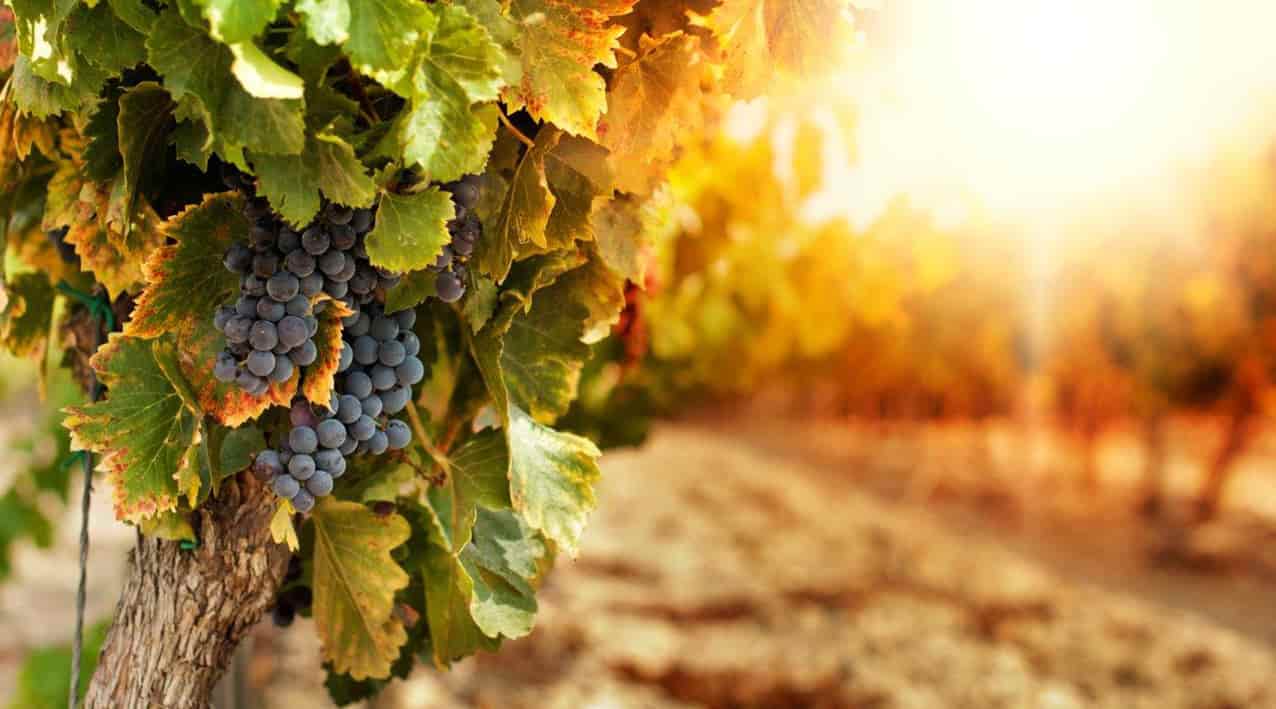Wine fermentation is a key process in its production, a biological transformation that converts the grape must into wine.
This transformation is a natural chemical process, through which the sugars that are in the grapes are converted into ethyl alcohol and carbon dioxide. The fermentation process can last from a few days to several weeks, depending on the type of grape and the style of wine to be produced.
Fermentation can be carried out spontaneously by the yeasts present in the grapes and can be initiated in a controlled way by improving selected yeasts. This process is essential for the production of wine, since it is what gives it its flavor, aroma, texture and aging capacity.
There are two main types of wine fermentation: alcoholic fermentation and malolactic fermentation.
Alcoholic fermentation is the primary process of wine production and occurs when yeasts begin to feed on the sugars present in the must. During this process, the yeasts produce ethanol and CO2 as by-products. This transformation is carried out in large stainless steel tanks.
This conversion can take anywhere from a few days to several weeks, depending on the yeast strain used, the temperature, and the amount of sugars present in the wort. During alcoholic fermentation temperature is an important factor, as yeasts have an optimal temperature range in which they can ferment effectively.
Malolactic fermentation is a second fermentation that takes place after alcoholic fermentation. In this fermentation, the bacteria convert malic acid into lactic acid, which helps to reduce acidity, soften and round out the flavor of the wine. Malolactic fermentation can last from a few days to several months, depending on conditions and the quality of the wine, and is characteristic of red wines.
Once the fermentation is finished, the wine can be subjected to additional processes such as aging in wooden barrels, clarification and filtration to improve its quality and flavor before being bottled and marketed.
The miracle of converting must into wine is a complex process full of terminology and chemical concepts, but to enjoy an excellent Ribera del Duero such as Red Federico Roble 2021, recently awarded a Silver Bacchus, all you need is a few glasses of wine and a group of friends to share with.


